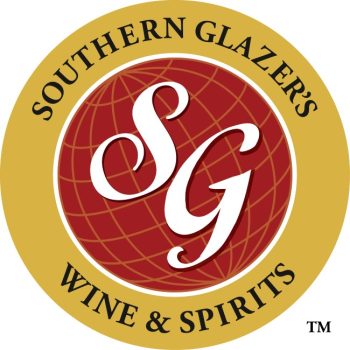WSWA calls for clarity over Southern Glazer’s lawsuit
A trade body for wholesalers has expressed “significant concern” over the Federal Trade Commission’s (FTC) lawsuit against Southern Glazer’s Wine and Spirits over price discrimination.

In December, the FTC filed a lawsuit against Southern Glazer’s, alleging that the distributor violated the Robinson-Patman Act. The FTC claims that the US distributor engaged in price discrimination, depriving small, independent retailers of the same access to discounts and rebates offered to larger chain stores.
Southern Glazer’s, the largest wine and spirits distributor in the States, distributes products for Pernod Ricard, Bacardi, Diageo, and Suntory Global Spirits. In 2023, it generated US$26 billion in revenue, making it the nation’s 10th largest privately held company.
The US distributor is a member of the Wine & Spirits Wholesalers of America (WSWA), which released a statement on 6 January to call for “further clarification” from the FTC over the lawsuit.
The WSWA said the move “raises significant concern”, adding that the alcohol industry is “one of the most heavily regulated and transparent sectors” in the US.
The Robinson-Patman Act (RPA), also known as the Anti-Price Discrimination Act, was authorised in 1936. The WSWA highlighted that since then, business practices have “evolved to reflect current government guidance and enforcement”.
‘Long-accepted practice’
The WSWA statement said: “Volume-based discounts are a long-accepted practice across the economy and, in the case of alcohol, often regulated by the states. Targeting such practices without any prior guidance is equally as concerning. This is particularly true in one of the country’s most heavily regulated industries, one that has a culture of regulatory compliance at both the federal and state levels.
“WSWA firmly supports the 21st Amendment, which grants states primary authority to regulate alcohol distribution and sales. This decentralised approach has fostered a dynamic, competitive, and consumer-centric marketplace that benefits consumers, the economy, and the industry alike.”
The trade association also claimed that the current alcohol distribution model balances “public health and safety with economic growth, innovation, and consumer choice” while promoting “diversity, fairness, and accessibility in the marketplace”.
The statement continued: “Since the end of Prohibition, a body of law has developed that protects public safety by creating a buffer between producer and retailer and banning certain trade practices.”
The WSWA believes wholesalers, such as Southern Glazer’s, are key to “creating well-regulated competition within all three tiers of the industry”.
“Businesses cannot thrive – or even survive – in the 21st century when laws long unenforced are suddenly resurrected without clear guidance from regulators,” the WSWA said.
It also called on the US government to “focus its enforcement on issues that protect public health and safety, promote innovation, and strengthen the beverage alcohol market as a global model for success”.
Spirits sales slip in restaurants
The WSWA also released new wine and spirits data from its SipSource tool, covering the dining channel from December 2023 to November 2024.
Over the 12-month period, spirits revenue dropped by 4.9% in the dining channel, which is in line with overall trends in the on-trade, the WSWA explained. The dining segment accounts for 42.7% of on-premise spirits revenue.
Wine suffered a bigger drop in restaurants with a 7.9% sales decrease.
In terms of spirit subcategories, cocktails were the only segment to grow in the channel, up by 9.7%.
Cognac/brandy experienced a 17% decrease and Irish whiskey fell by 10.1%. The cordial/liqueur/speciality segment dipped by 1.1%, while US whiskey was down by 3.4%.
Within spirits, the US$25-$49.99 price tier declined by 3.8% while holding a 38.7% share of the category’s dining revenue.
The WSWA warned of ‘significant challenges’ for wine and spirits in the dining channel, as consumers pivot to off-trade purchases.
Related news
William Grant finalises Famous Grouse purchase
